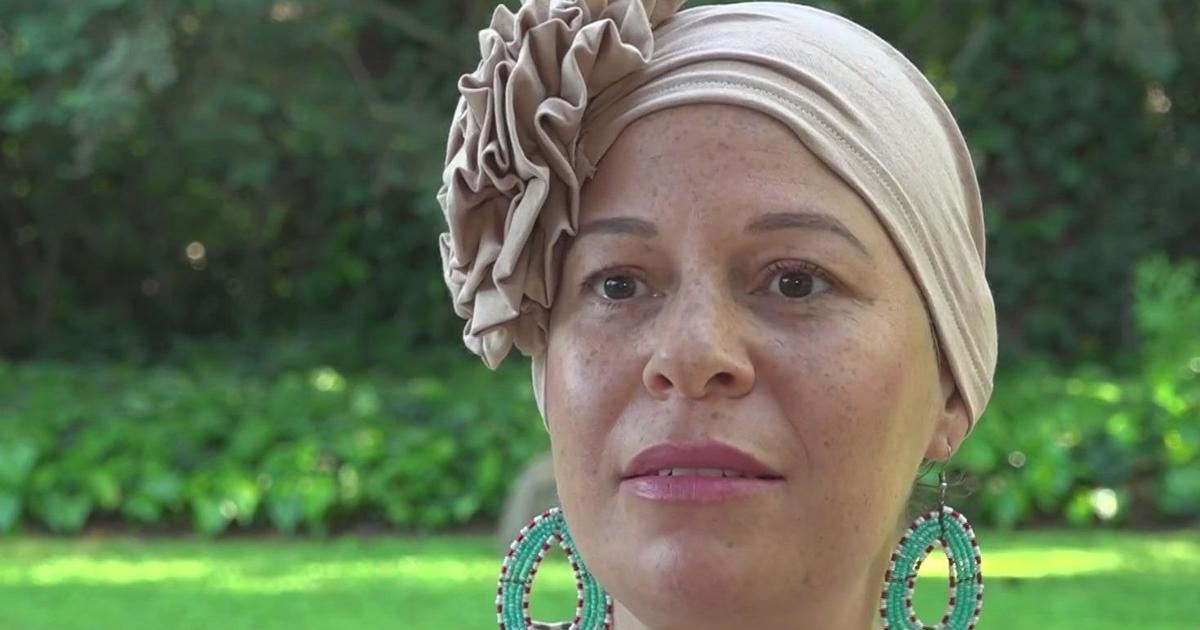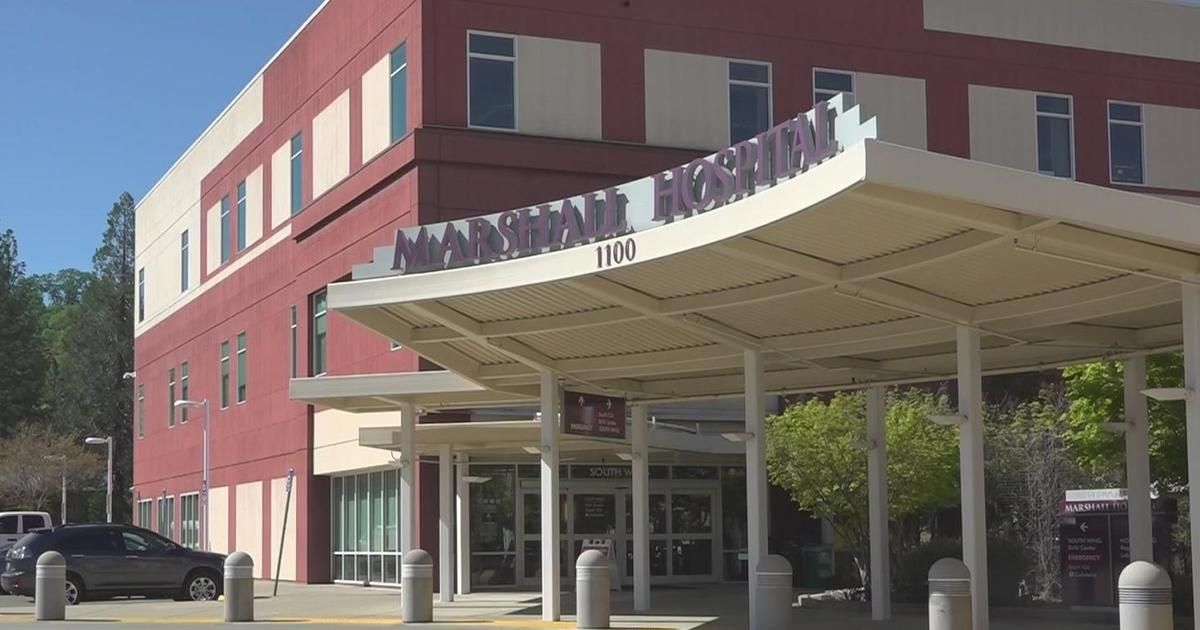New UC Davis Study Examines How Cancer Impacts Racial And Ethnic Minorities
SACRAMENTO (CBS13) - A new first-of-its-kind cancer study is being conducted at UC Davis Health that examines how the disease impacts minorities.
The loud steady hum of the large white PET scan machine called the Explorer at UC Davis Health may look concerning. But it's actually part of a trial for a new cancer research study at the Comprehensive Cancer Center is conducting.
"The reason why we are having this study is to recruit healthy individuals who don't have cancer or disease to be able to provide comparisons to patients with the disease," Dr. Moon Chen, UC Davis Comprehensive Cancer Center, said.
The study is using this first-of-its-kind full-body scanner is capturing images of a healthy person's body to make the comparison to someone with cancer.
"There is really isn't a whole lot of comparative data," Chen said.
The study is going one step further.
"This is a first study of its kind that's looking intentionally at racial and ethnic minorities," said Chen.
Researchers are looking for minority volunteers to make sure the data is more diverse for a diverse community. It hopes to address the disproportionate burden of cancer.
Moon said that some racial and ethnic backgrounds are experiencing that burden more because of how disproportionate it is. He also added that the research and what information is known to researchers is limited in those populations.
"All people aren't alike. So this is an opportunity to seek a match, so to speak, between people of the same race and ethnicity with the disease versus someone without the disease," Chen said.
The goal is to get more health equity into treating everyone with cancer and having better information to do so. Some think that knowledge is vital.
"Everybody needs to know about their health to stay healthy. But at the same time be transparent," Iesha Robberson said.
"I think that minorities, we need to know more about the health in our body. The more studies there are, it's better for us," Brenda Castelan said.
Some even think it could be beneficial for find more effective treatments for those with cancer.
"It would be good that...they will consider race or genetic makeup, for example, a predisposition to certain diseases," Criselda Ignacio said. "So there's got to be medicines that are really appropriate for these types of people."
That's the end game: procure better data to better treat anyone and everyone who may come toe to toe with cancer.
"Trying to get the right diagnoses for the right person at the right time so we can develop or prescript the correct therapy," Chen said.
The study is looking for 20 minorities who are 18 years and older to participate who are one or a combination of racial or ethnic backgrounds.
Researchers will also be doing blood draws to help do genetic background to better enhance their data.


